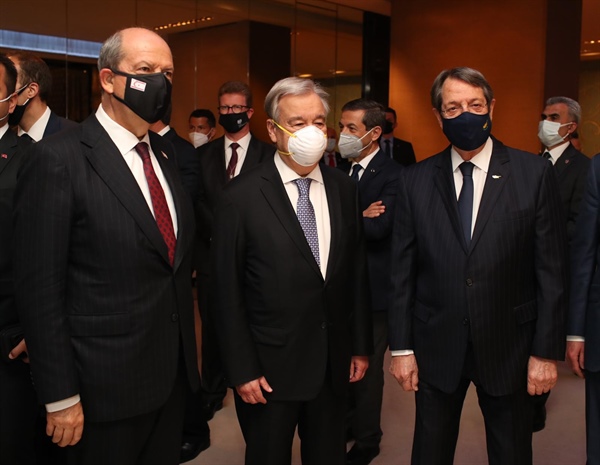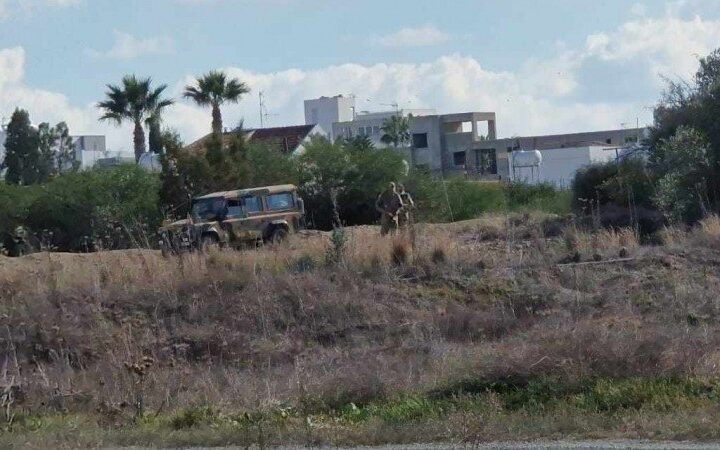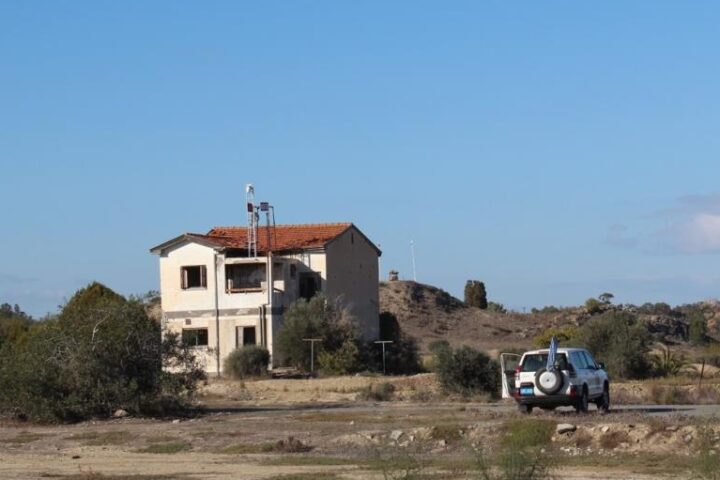UN Secretary-General Antonio Guterres prompted Cypriot leaders to encourage more direct contact and cooperation between the divided communities as the climate of trust worsens.
He urged President Nicos Anastasiades and Turkish Cypriot leader Ersin Tatar to improve an already difficult climate if peace talks are to resume.
In his report on UNFICYP, Guterres recommends that the Security Council extend the mission’s mandate for six months until 31 January 2023.
He said an unsettled internal political landscape on both sides of the island created additional challenges.
The report urges the leaders to provide concrete support to people-to-people initiatives, as called for by the Security Council and as evidence of their genuine commitment to a solution.
“The absence of progress towards the resumption of fully-fledged negotiations creates space for new facts on the ground and gives rise to provocative unilateral actions that raise tensions,” he said.
“I note with concern that this situation can lead to systematic brinkmanship that would only worsen the already difficult climate between the parties.”
Guterres called on both sides to respect and observe the demarcation of the buffer zone by the United Nations, which is the only demarcation recognized by the Security Council.
The report mentions a lack of progress in resolving the Cyprus issue, which has affected the work of the United Nations Peacekeeping Force.
“Decreased trust and increased political tensions correlated with more actions by the two sides that challenged the mission’s mandated authority and that were invariably deemed provocative by the other side.”
Concerning the status of Varosha, UNFICYP continues to be guided by relevant Security Council resolutions.
“Accordingly, the mission and the Secretariat have repeatedly expressed concern over the developments in the fenced-off part of the town,” said Guterres
“The United Nations continues to hold the Government of Turkey responsible for the situation in Varosha.”
He said both communities suffered from the socioeconomic consequences of the pandemic, and the Turkish Cypriot economy, which was already in distress before COVID, deteriorated even further.
“I am concerned that, as a result, the economic gap between the two sides will continue to widen, a situation that feeds resentment and distrust between the two communities, exacerbates the estrangement of the two parts of the island and incentivizes illegal trafficking through the buffer zone in both directions.
“The acute economic difficulties faced in the north of Cyprus do not benefit any of the parties to the conflict, but instead make prospects for a settlement more difficult”.










